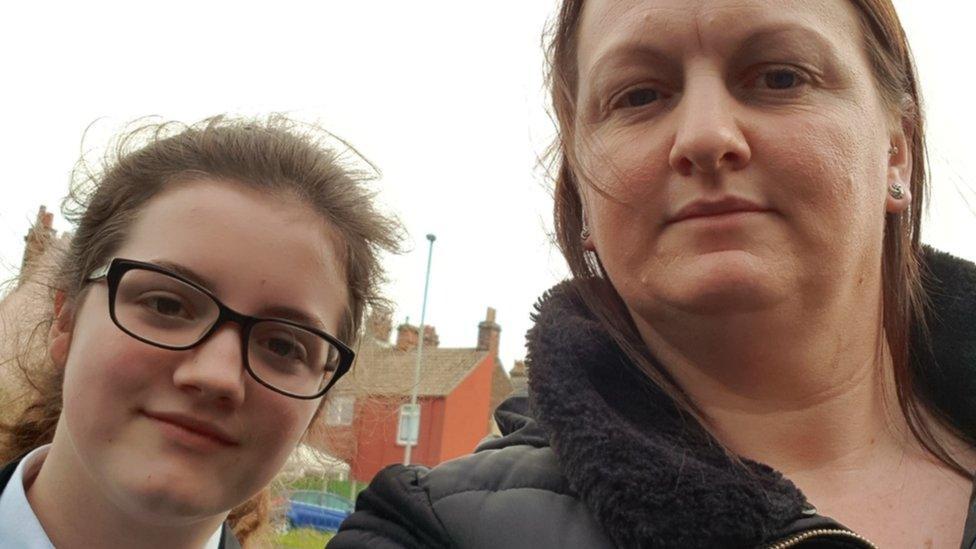Parents lose fight over school's isolation policy
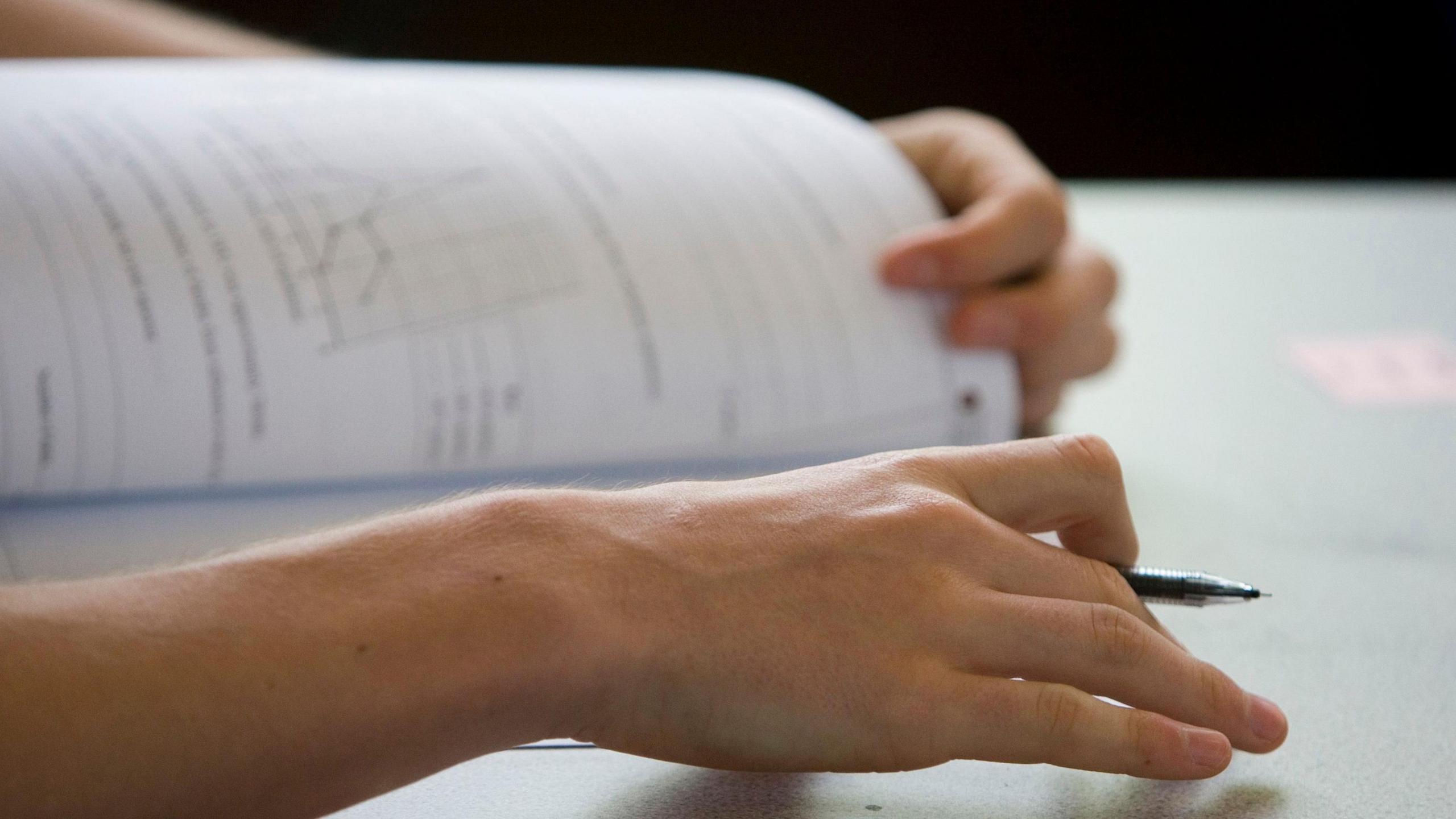
The parents had claimed the three pupils had been "disproportionately" punished with repeated isolation
- Published
A group of parents who claimed their children's school had breached their human rights by repeatedly placing them in isolation have lost a High Court legal challenge.
The parents had brought a claim against The GORSE Academies Trust (TGAT), which runs John Smeaton Academy in Leeds, which all three pupils involved in the case attended.
They had claimed the extent to which the school used isolation - where pupils study alone away from their peers as a form of punishment - was "disproportionate" and "unreasonable" in each child's case.
But the judge, Mrs Justice Collins Rice, said she could find no legal basis for a court to intervene on the matter.
TGAT, which runs 15 schools and educational establishments across Leeds, welcomed the ruling.
The parents' lawyer said the families were "extremely disappointed" by the decision and that they would consider appealing.
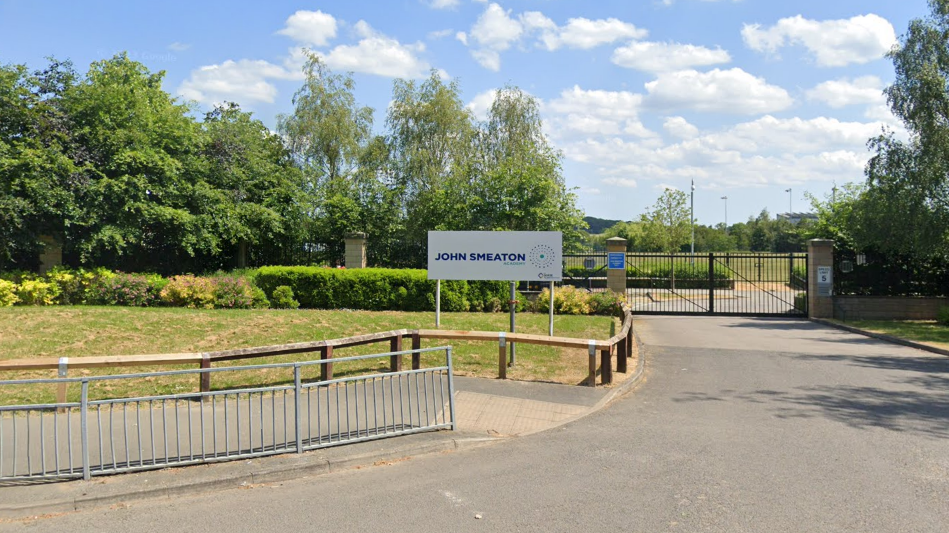
The GORSE Academies Trust took over John Smeaton Academy in Leeds in 2021
The three pupils, all of whom had their identities protected by the court, had spent a combined 154 school days in isolation during the 2023-24 academic year between them, according to the judge's written ruling.
Two of the youngsters had a record of violence against fellow pupils and staff, while the third had a persistent record of poor behaviour, which included "defiance" and truancy, the judgement added.
Their parents did not challenge the principle of isolation or the school's right to use it as a form of discipline, but had claimed the repeated extent to which it was used was unlawful.
They said it breached government guidance on school discipline, as well as the Education and Inspections Act and the pupils' right to private life under Article 8 of the Human Rights Act.
It was claimed the youngsters had found isolation to be "unproductive, unpleasant, stressful and distressing".
But the judge said each sanction was in line with the school's policy and that it was expected that repeated misconduct "be met with persistent, and indeed escalating, sanctioning".
She also said it was not "obvious" what the alternative punishment should have been.
'Strong message'
TGAT took over John Smeaton Academy in 2021, two years after it had been rated inadequate by Ofsted when it was, according to the judge's ruling, "among the worst schools in the country".
In 2024 it was then rated 'good' by the schools watchdog, who praised it for its "consistent 'positive discipline' approach".
Responding to the ruling, a TGAT spokesperson said: "The judgment is a clear endorsement of the work we have done over many years to promote high standards of behaviour.
"It sends a strong message across the education sector about the right of schools to apply appropriate sanctions when behaviour falls short - for the benefit of all pupils, and ultimately, each individual child."
But the parents' lawyer Dan Rosenborg said that while the ruling "provides little reprieve" for the families involved, "it is their hope that the case will shine a wider public light on the issues raised - both within their own trust and in schools across the country".
He added: "In particular, they urge policymakers to give serious consideration to the now widespread and repeated use of isolation in mainstream schools, especially in the context of ongoing conversations about how best to support and include children with special educational needs and disabilities."
Get in touch
Tell us which stories we should cover in Yorkshire
Listen to highlights from West Yorkshire on BBC Sounds, catch up with the latest episode of Look North.
Related stories
- Published12 February
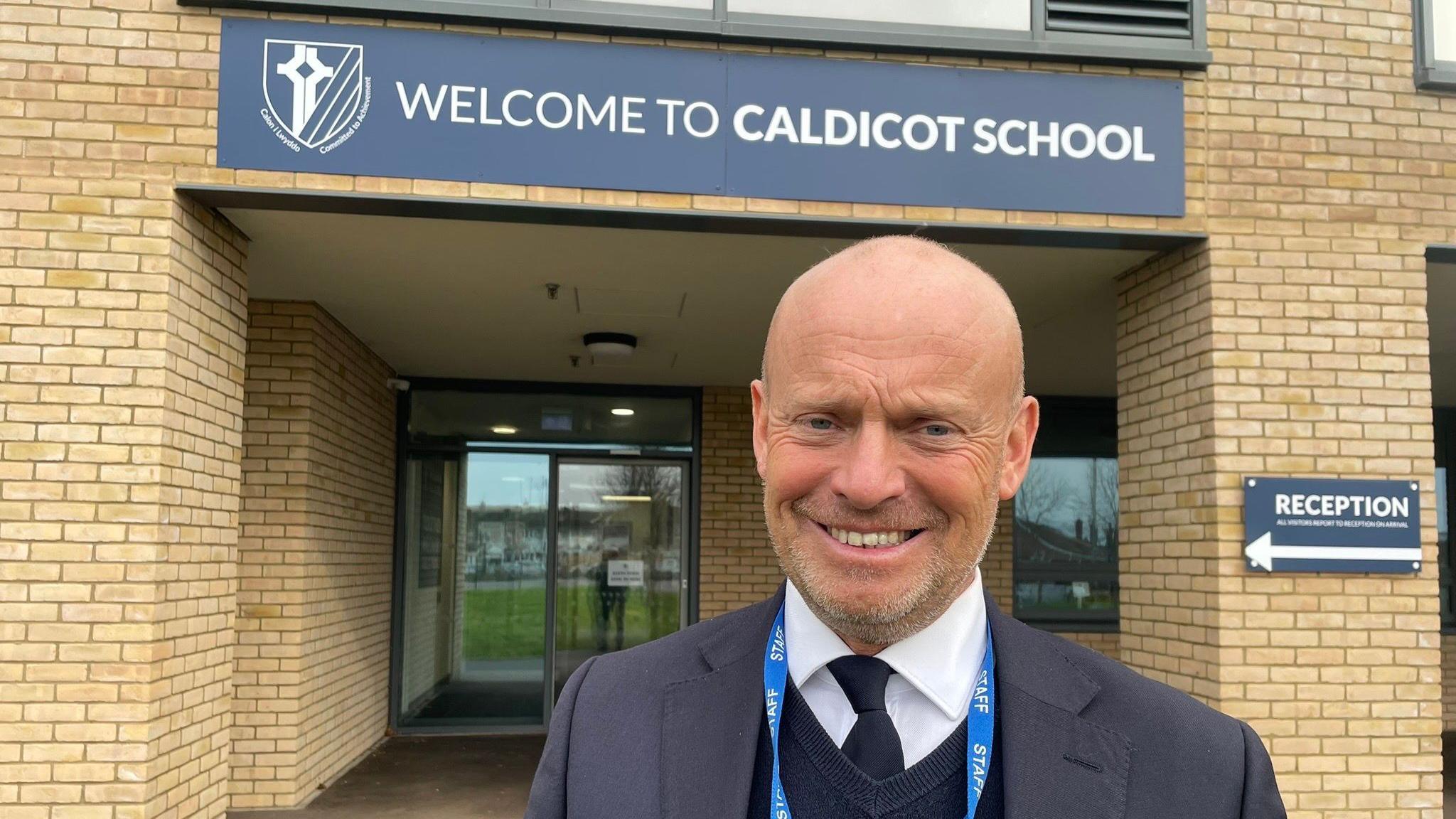
- Published9 January 2020
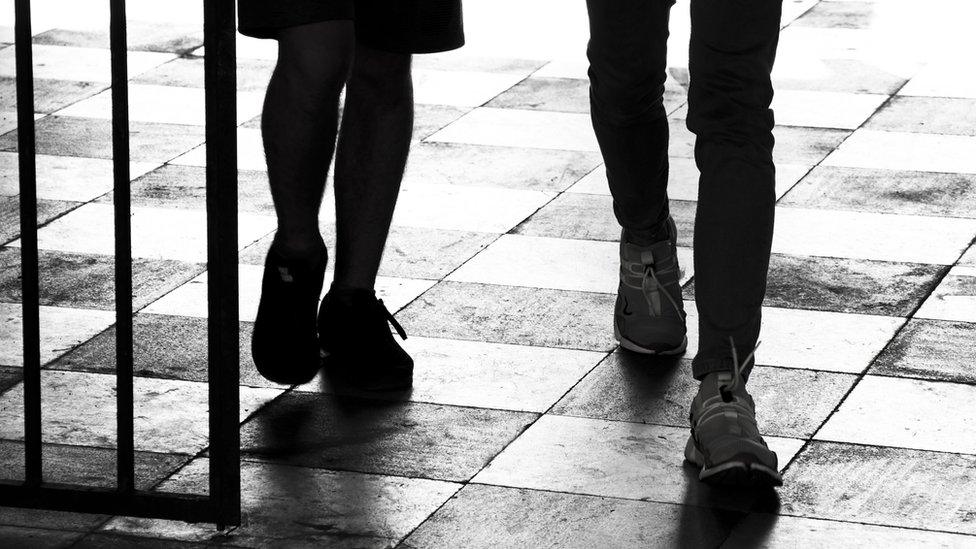
- Published6 October 2017
